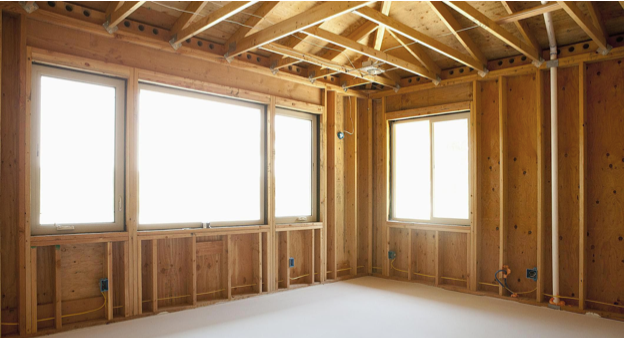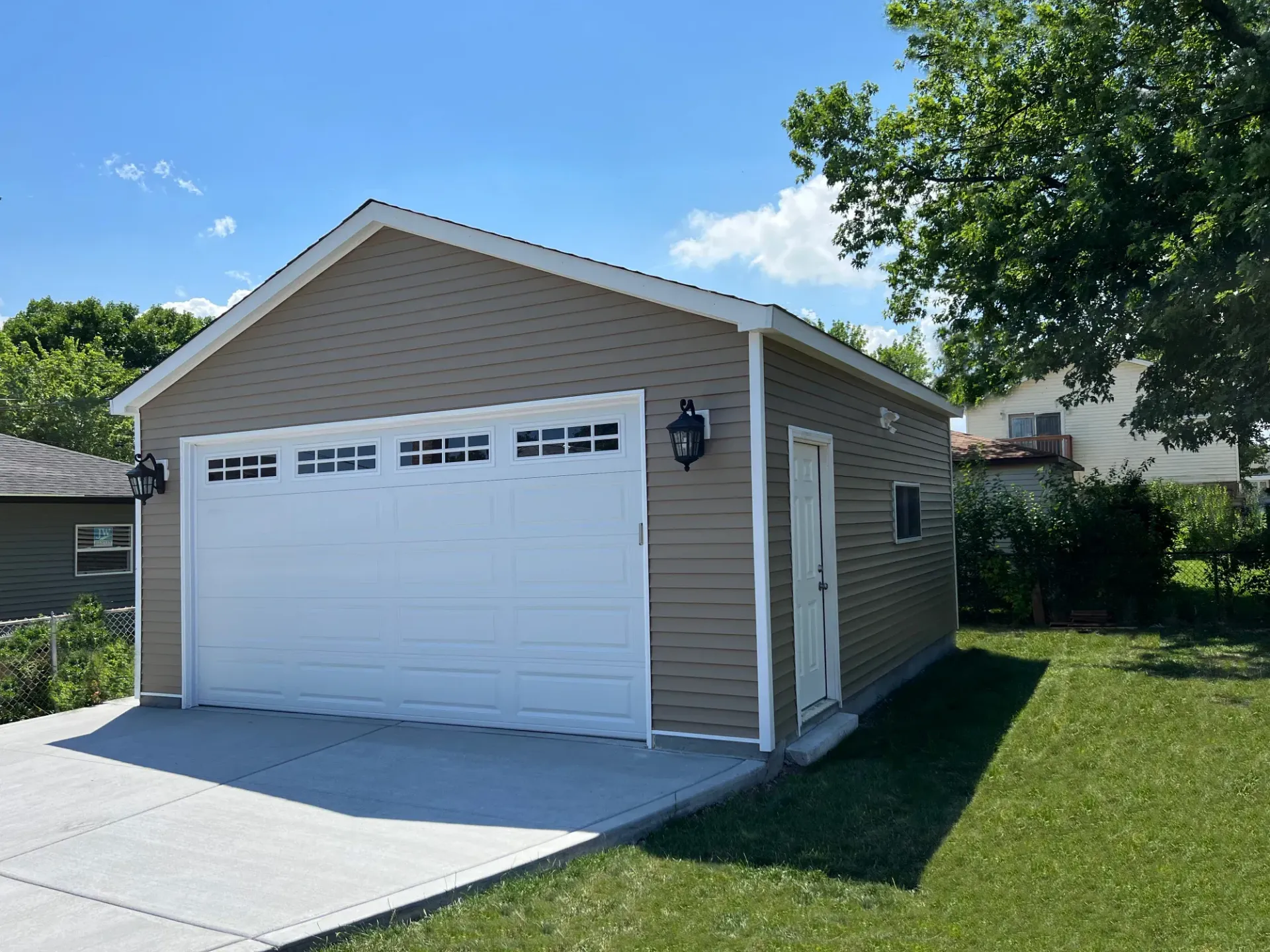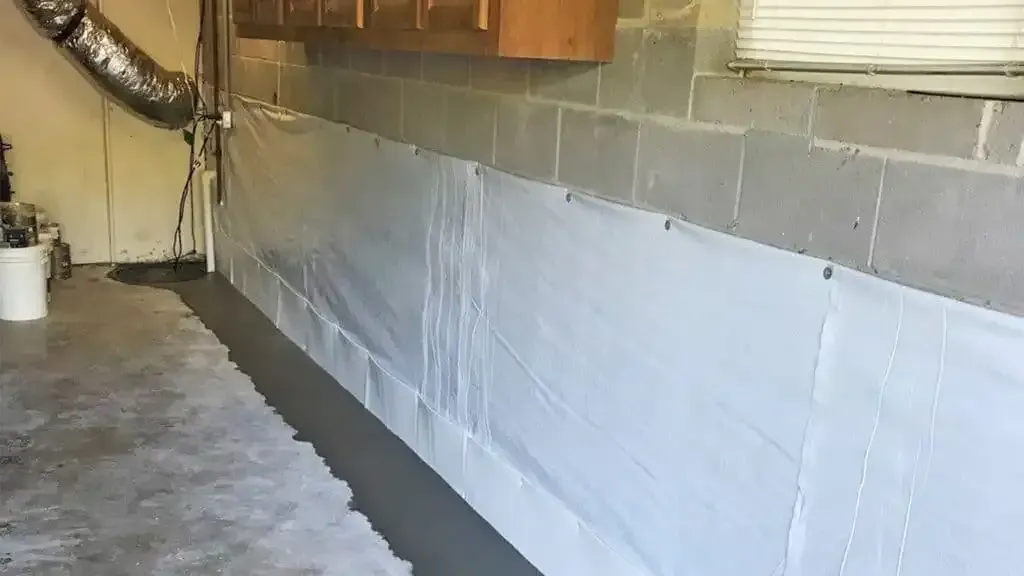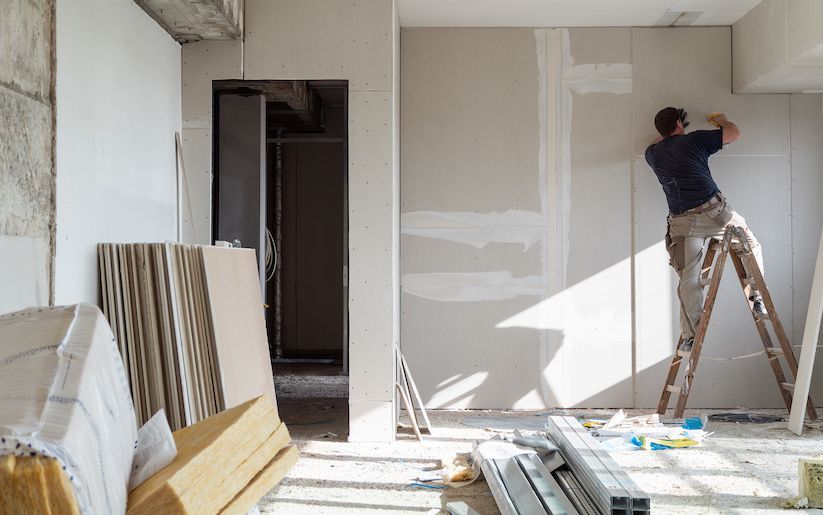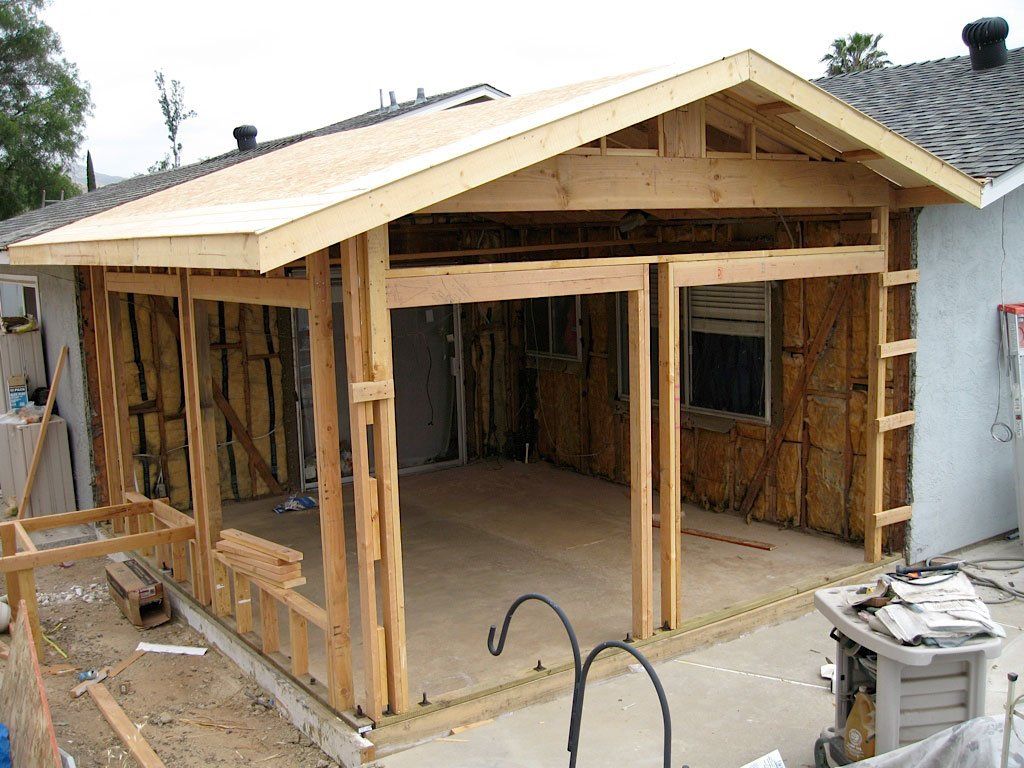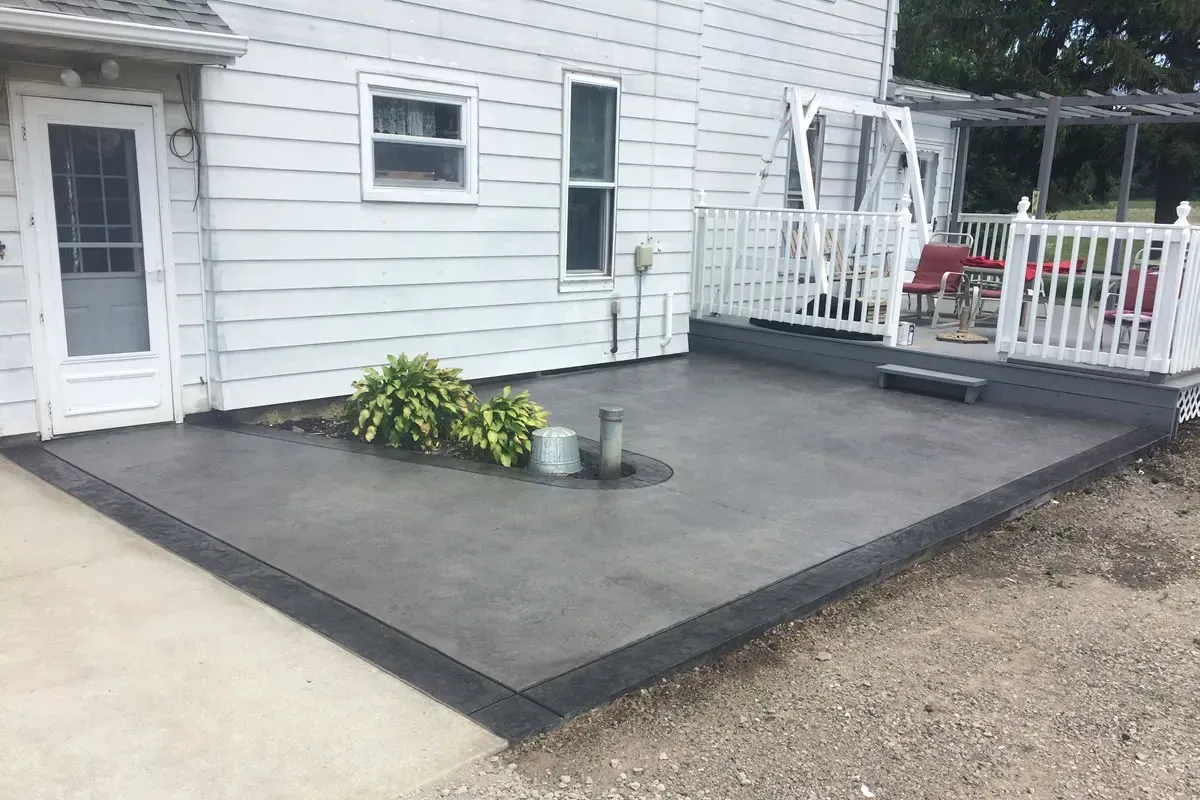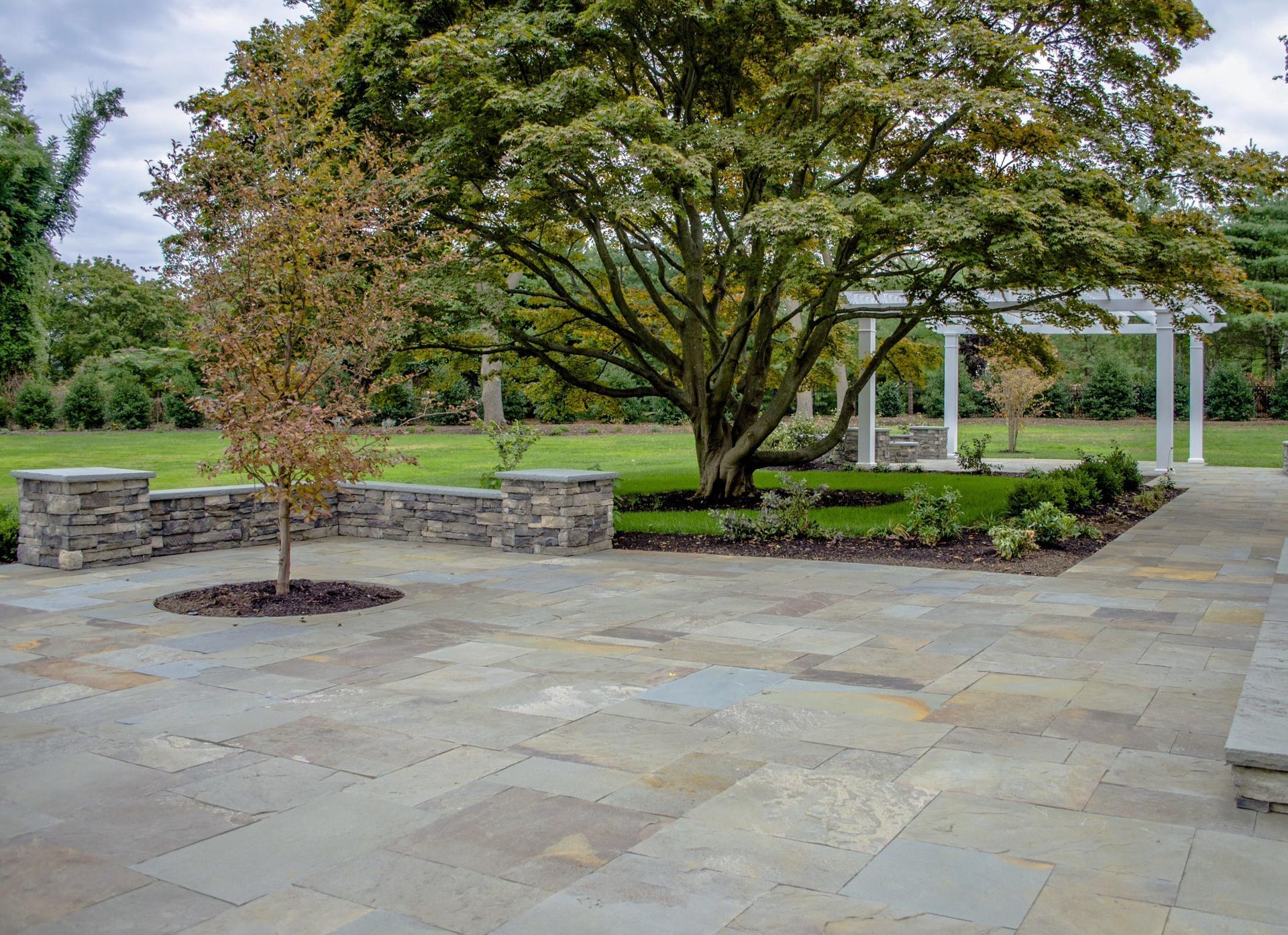Excavation for Sewer Line Replacement in Rhode Island
Sewer line replacement excavation in Rhode Island requires specialized knowledge of local soil conditions, municipal regulations, and environmental protection standards. From Providence's historic neighborhoods to coastal communities, proper excavation ensures successful sewer line installations that withstand the Ocean State's unique challenges.
When Sewer Line Excavation Is Necessary in Rhode Island
Common situations requiring sewer line replacement excavation:
- Tree root intrusion damaging pipes beyond repair
- Pipe collapse from age or soil settlement
- Severe blockages that can't be cleared with traditional methods
- Municipal connection requirements for new developments
- Environmental compliance mandating system upgrades
- Foundation work requiring sewer line relocation
Rhode Island's aging infrastructure and coastal conditions make sewer line replacement increasingly common throughout the state.
Rhode Island Sewer Line Excavation Process
Step 1: Site Assessment and Planning
Pre-excavation requirements include:
- Utility location through DigSafe 811
- Soil testing and percolation analysis
- Municipal permit acquisition
- Environmental impact assessment
- Access route planning and staging
Step 2: Permit and Regulatory Compliance
Required permits in Rhode Island:
- Municipal excavation permits
- Sewer connection permits
- Traffic control permits (if needed)
- Environmental permits near water bodies
- Historic district approvals (where applicable)
Step 3: Excavation Execution
Professional excavation involves:
- Precise trenching to required depth and grade
- Proper sloping for gravity flow (minimum 1% grade)
- Soil stabilization and safety measures
- Bedding material installation
- Pipe installation and connection
Step 4: Testing and Backfill
Final steps include:
- Pressure testing new connections
- Video inspection verification
- Proper backfill and compaction
- Surface restoration
- Final municipal inspection
Rhode Island Soil Challenges for Sewer Excavation
Coastal Areas (Newport, Narragansett, Westerly)
Sandy soil characteristics:
- Advantages: Easy digging, good drainage
- Challenges: Cave-in risk, requires shoring
- Depth considerations: 4-6 feet typical, deeper near coast
- Special requirements: Dewatering may be necessary
Central Rhode Island (Providence, Cranston, Warwick)
Mixed clay and loam conditions:
- Advantages: Stable trenching conditions
- Challenges: Seasonal water table variations
- Equipment needs: Mid-size excavators for efficiency
- Compaction requirements: Proper backfill critical
Western Rhode Island (Coventry, West Greenwich, Exeter)
Rocky terrain considerations:
- Advantages: Stable soil once excavated
- Challenges: Ledge removal, specialized equipment
- Cost factors: Rock hammers increase expenses
- Time considerations: Slower progress through bedrock
Excavation Depth Requirements in Rhode Island
Standard Residential Depths
- Gravity sewer lines: 4-8 feet below ground surface
- Below frost line: Minimum 4 feet in Rhode Island
- Slope requirements: 1-2% grade toward main line
- Connection depth: Match existing municipal lines
Commercial and Industrial Projects
- Deeper excavations: 8-15 feet common
- Heavy-duty pipe requirements: Larger diameter lines
- Traffic load considerations: Deeper burial under roadways
- Pump station connections: Variable depths based on design
Environmental Considerations
- Groundwater protection: Sealed connections required
- Wetland proximity: Special excavation techniques
- Coastal zone compliance: Additional regulatory oversight
- Historic district requirements: Hand digging may be mandated
Equipment Used for Rhode Island Sewer Excavation
Standard Excavation Equipment
Compact excavators (5-15 tons):
- Ideal for residential neighborhoods
- Navigates tight spaces in Providence and Newport
- Minimal landscape disruption
- Cost-effective for smaller projects
Mid-size excavators (15-30 tons):
- Versatile for most sewer line projects
- Efficient trenching capabilities
- Standard choice for Rhode Island contractors
- Handles mixed soil conditions well
Large excavators (30+ tons):
- Commercial and municipal projects
- Deep excavation requirements
- Rock removal capabilities
- High-volume earthmoving
Specialized Rhode Island Equipment
Rock hammers and breakers:
- Essential for western Rhode Island ledge
- Breaks bedrock for pipe installation
- Reduces blasting requirements
- Minimizes neighborhood disruption
Dewatering pumps:
- Critical in coastal areas
- Manages high groundwater levels
- Prevents trench collapse
- Ensures safe working conditions
Trench boxes and shoring:
- Required for deep excavations
- OSHA safety compliance
- Protects workers from cave-ins
- Especially important in sandy soils
Municipal Connection Requirements
Providence Area Connections
Providence Water connection requirements:
- 6-inch minimum residential connections
- Specific depth and grade specifications
- Approved contractor installation only
- Comprehensive inspection process
Suburban Municipal Systems
Local sewer authority requirements vary:
- Warwick Sewer Authority specifications
- Cranston connection procedures
- Pawtucket municipal requirements
- Individual city/town regulations
Rhode Island Department of Transportation
State road excavation requires:
- RIDOT permits and inspections
- Traffic control planning
- Restoration bond requirements
- Utility coordination protocols
Environmental Protection During Excavation
Groundwater Protection
Rhode Island groundwater protection requires:
- Sealed pipe connections
- Proper bedding materials
- Leak testing before backfill
- Environmental monitoring compliance
Coastal Zone Management
Near water bodies, excavation must address:
- Storm surge protection
- Saltwater intrusion prevention
- Tidal influence considerations
- Marine ecosystem protection
Wetland Compliance
Wetland area excavation requires:
- Army Corps of Engineers permits
- State wetland approvals
- Minimal disturbance techniques
- Restoration planning
Safety Protocols for Rhode Island Excavation
OSHA Compliance Requirements
All excavation must follow:
- Proper sloping or shoring requirements
- Atmospheric testing in deep trenches
- Emergency egress planning
- Continuous safety monitoring
Traffic and Public Safety
Urban excavation requires:
- Traffic control planning
- Pedestrian safety measures
- Emergency vehicle access
- Noise control compliance
Utility Safety Protocols
Before any excavation:
- DigSafe 811 mandatory utility marking
- Hand digging near marked utilities
- Emergency utility contact procedures
- Damage prevention protocols
Cost Factors for Rhode Island Sewer Excavation
Basic Cost Components - Pricing
Residential sewer line replacement:
- Excavation: $8,000-15,000
- Pipe materials: $2,000-5,000
- Permits and inspections: $1,500-3,000
- Restoration: $2,000-4,000
- Total project cost: $13,500-27,000
Factors Affecting Costs
Site-specific considerations:
- Soil conditions and rock content
- Excavation depth and distance
- Access difficulties and staging
- Permit complexity and timing
- Restoration requirements
Seasonal pricing variations:
- Winter premiums: 15-25% higher
- Summer peak pricing: 10-15% higher
- Spring optimal pricing: Standard rates
- Fall completion urgency: Variable pricing
Cost Comparison: Excavation vs. Trenchless
Traditional excavation:
- Lower equipment costs
- Comprehensive pipe replacement
- Complete access for repairs
- Full system visibility
Trenchless methods:
- Higher equipment costs
- Limited to specific conditions
- Minimal surface disruption
- Faster completion times
Rhode Island Seasonal Considerations
Spring Excavation (March-May)
Advantages:
- Ground thaw allows access
- Moderate weather conditions
- Contractor availability improving
Challenges:
- Mud season complications
- High groundwater levels
- Wet soil conditions
Summer Excavation (June-August)
Advantages:
- Optimal weather conditions
- Dry soil for easier digging
- Extended daylight hours
Challenges:
- Peak demand pricing
- Vacation season delays
- Hot weather worker safety
Fall Excavation (September-November)
Advantages:
- Stable weather conditions
- Lower humidity levels
- Completion before winter
Challenges:
- Shortened daylight hours
- Leaf fall complications
- Winter preparation urgency
Winter Excavation (December-February)
Advantages:
- Lower contractor rates
- Equipment availability
- Emergency work necessity
Challenges:
- Frozen ground conditions
- Weather delay risks
- Limited working hours
Choosing Rhode Island Sewer Excavation Contractors
Essential Contractor Qualifications
Licensed Rhode Island contractors should have:
- State contractor licensing
- Municipal excavation permits
- Comprehensive insurance coverage
- OSHA safety certification
- Local utility coordination experience
Questions for Potential Contractors
- How long have you operated in Rhode Island?
- Do you handle all permit applications?
- What's your experience with local soil conditions?
- How do you handle unexpected complications?
- What warranty do you provide on excavation work?
Warning Signs to Avoid
- Unusually low bids without explanation
- Lack of proper licensing or insurance
- No local references available
- Pressure for immediate decisions
- Poor communication or responsiveness
Permit Process and Timeline
Municipal Permit Requirements
Typical Rhode Island permit process:
- Application submission: 1-2 weeks
- Plan review and approval: 2-4 weeks
- Inspection scheduling: 1 week
- Total permit timeline: 4-7 weeks
Expedited Permit Situations
Emergency repairs may qualify for:
- Same-day emergency permits
- Temporary repair authorizations
- After-hours inspection services
- Streamlined approval processes
Permit Cost Expectations
Rhode Island permit fees typically include:
- Excavation permits: $200-800
- Sewer connection fees: $1,000-3,000
- Inspection fees: $200-500
- Traffic control permits: $300-1,000
Common Rhode Island Excavation Challenges
Historic District Restrictions
Providence and Newport historic areas require:
- Hand digging near historic structures
- Archaeological monitoring
- Minimal disruption techniques
- Historic preservation compliance
Dense Urban Environments
City excavation challenges include:
- Limited equipment access
- Utility congestion underground
- Traffic control requirements
- Noise ordinance compliance
Coastal Environmental Factors
Near water bodies, projects face:
- Tidal influence on excavation
- Saltwater corrosion considerations
- Storm surge preparation requirements
- Marine ecosystem protection
Quality Assurance and Testing
Pipe Installation Standards
Rhode Island installations require:
- Proper bedding material (sand or gravel)
- Correct pipe grades and alignment
- Secure joint connections
- Leak testing before backfill
Inspection Protocols
Municipal inspections verify:
- Excavation depth and width
- Pipe installation quality
- Connection integrity
- Backfill compaction
- Surface restoration completion
Video Inspection Services
Final verification includes:
- Comprehensive pipe video inspection
- Joint seal verification
- Flow testing confirmation
- Documentation for municipal records
Long-term Maintenance Considerations
Preventive Maintenance
New sewer lines benefit from:
- Regular video inspections
- Root intrusion prevention
- Proper waste disposal practices
- Early problem detection
Warranty and Service
Quality installations include:
- Workmanship warranties
- Material guarantees
- Emergency service availability
- Ongoing maintenance support
Planning a sewer line replacement project in Rhode Island? Rockhouse Construction brings decades of experience to sewer excavation throughout the Ocean State. Our licensed professionals understand Rhode Island's diverse soil conditions, municipal requirements, and environmental regulations. From historic Providence neighborhoods to coastal communities, we handle all aspects of sewer excavation including permits, utility coordination, and environmental compliance. Our modern equipment and experienced crews ensure safe, efficient excavation that meets all Rhode Island standards. We provide comprehensive services from initial assessment through final inspection and restoration. Contact us today for expert sewer line excavation that protects your property and meets all Rhode Island regulatory requirements.



